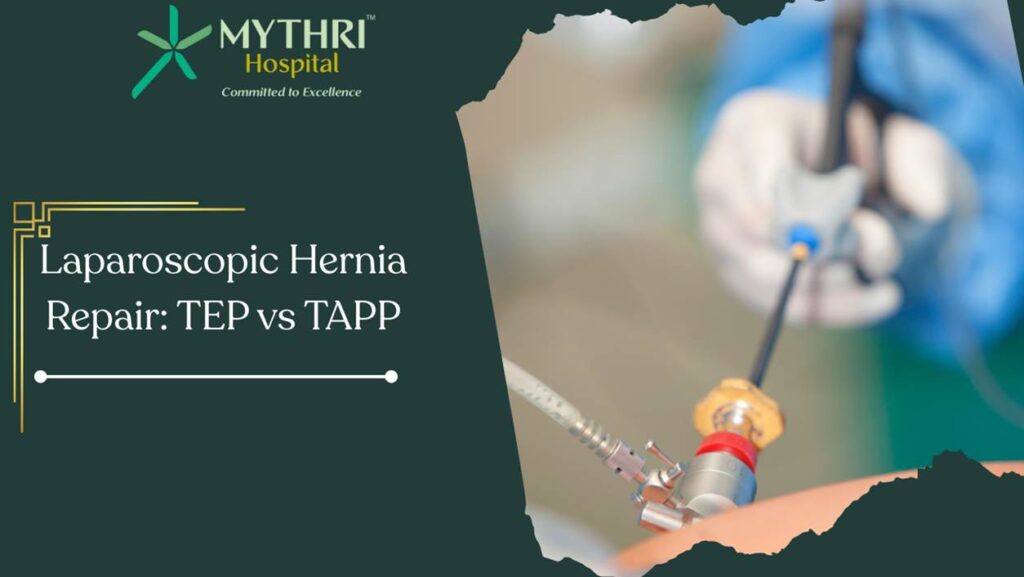Chronic Kidney Disease (CKD) is the most prevalent illness detected in individuals across the globe. With more and more individuals getting diagnosed with CKD annually, the diagnosis and intervention are becoming more vital on time.
CKD, if not diagnosed or neglected, may advance towards end-stage renal illness that may need dialysis or kidney transplant.
The good news is that nephrology advancement is becoming more feasible and accurate at an earlier stage of detection to treat and prevent kidney failure.
What is Chronic Kidney Disease (CKD)?
Chronic Kidney Disease (CKD) is a condition in which the kidneys gradually lose their functions. Filtering waste products, controlling blood pressure, electrolyte balance, and secreting hormones that stimulate the production of red blood cells to be initiated are some of the most critical activities carried out by the kidneys.
With a decrease in kidney function, the accumulation of excess fluid and waste leads to severe diseases like high blood pressure, heart disease, and finally kidney failure.
CKD will typically progress silently, with hardly any symptoms being apparent in the initial stage. Swelling, fatigue, or changes in urine output only present themselves when the disease has progressed significantly, making it an essential consideration for successful intervention.
The challenge of early detection
Periodic tests for renal function identification, for example, serum creatinine tests, typically do not make a diagnosis of CKD until there is some renal impairment.
Serum creatinine is too sensitive but not very helpful for the detection of early renal impairment.
Kidney function can be grossly impaired before creatinine concentration exceeds upper ranges of normal levels, so patients will necessarily already be at risk for severe renal damage when diagnosed.
That is why the early diagnosis of CKD becomes an imperative. Early intervention will slow the progression of the disease, enhancing quality of life and arresting renal failure. Studies into more sensitive and prognostic tests have thus been of utmost value to nephrology.
New diagnostic tests and biomarkers for early detection
There has been an increase in studies over the years towards identifying novel biomarkers that contribute to the early and precise identification of kidney damage. Some of the most hopeful devices include:
1. Urinary biomarkers
Urinary biomarkers are molecules or proteins in urine that reflect kidney injury. One common biomarker is the Albumin-to-Creatinine Ratio (ACR). Detection of albumin (protein) in urine is an earlier sign of kidney injury, especially in diabetic or hypertensive patients. An elevated ACR level signifies leaking protein by the kidneys, called proteinuria, a characteristic sign of impending kidney disease.
Apart from ACR, other urinary biomarkers like kidney injury molecule-1 (KIM-1) and neutrophil gelatinase-associated lipocalin (NGAL) have also been studied to determine whether they can diagnose kidney injury before they register a notable change in creatinine concentration.
2. Kidney function tests
New glomerular filtration rate (GFR) tests to determine the kidney’s capacity to clear the products of blood metabolism from the body are being studied to identify earlier kidney decline than existing tests. Such new tests involve glomerular filtration rate estimating equations (eGFR), which remain more sensitive even when kidney decline is just starting.
Early detection and role of risk stratification
When CKD is detected early, the second is risk stratification—information regarding how rapidly the disease is advancing and what form of treatment must be performed. Early interventions can arrest significantly the advancement of CKD, often preventing the progression to end-stage kidney disease (ESKD).
Among the most critical methods of treating early-stage CKD are:
- Management of blood pressure: Tight control of blood pressure can prevent kidney damage, particularly in diabetic nephropathy or hypertensive renal damage.
- Lifestyle changes: Restriction of sodium, limitation of protein, and maintenance of adequate fluid intake can help to preserve kidney function.
- Pharmacologic therapy: Pharmacologic agents like ACE inhibitors and angiotensin receptor blockers (ARBs) decrease blood pressure and reduce proteinuria and hence retard the progression of CKD.
- Control of diabetes: Control of the blood glucose in diabetic patients must be maintained to prevent renal damage.
The future of ckd diagnosis and treatment
Now that artificial intelligence (AI) and machine learning are on the horizon, nephrologists finally have new tools with which to better predict progression of CKD.
AI-driven systems are on the horizon that will sift through mountains of data from biomarkers, medical histories of patients, and genomics to provide personalized risk stratification and treatment recommendations.
These technologies hold immense potential for earlier, more effective detection and treatment of CKD.
Mythri Hospital: Leading the way to kidney health

Here at Mythri Hospital, we lead the way in kidney treatment with cutting-edge diagnostic machinery and the newest treatment for Chronic Kidney Disease patients Our skilled nephrologists employ the newest early detection technology—utilizing urinary biomarkers .
to gene testing—to identify and treat you on the spot. If you’re susceptible to CKD or need specialist treatment to recover from an ongoing disease, Mythri Hospital is dedicated to healthy kidneys.
If your loved one or you are worried about kidney functioning or are at risk for CKD, do not wait until symptoms appear.
Come to Mythri Hospital today and know more about early screening and take the initial step towards healthier kidneys.




